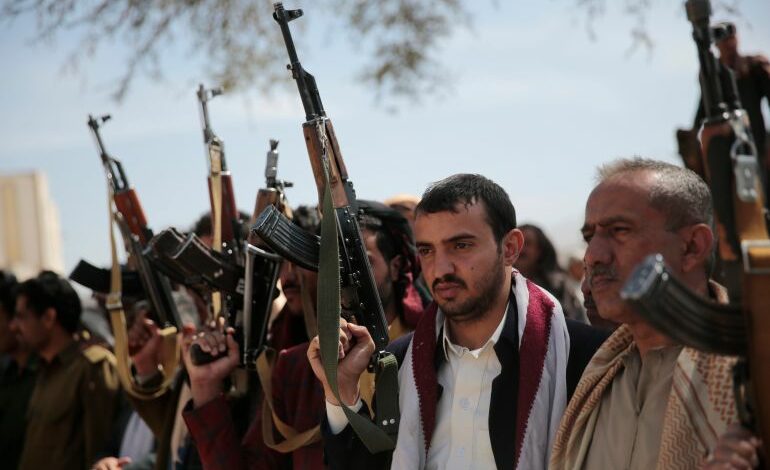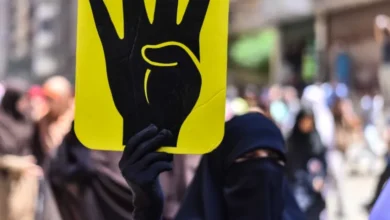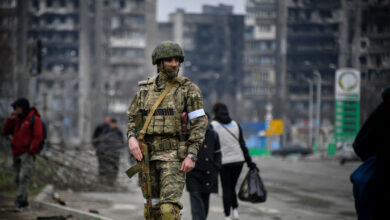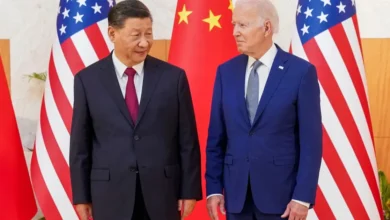Israeli protests reignite as Netanyahu pushes new justice bill

In continuing protests against the burning of a Quran by a man in Sweden in late June, Yemen’s Houthi movement has implemented a ban on Swedish imports, according to the Houthi-run Almasirah TV.
The Houthi’s trade minister, Muhammad Sharaf al-Mutahhar, said the ban came into effect Saturday after first announcing the decision on July 4, and urged other Muslim countries to follow their example.“Yemen is the first Islamic country to ban imports of Swedish goods after its violations and desecration,” Almasirah quoted the Houthi trade minister as saying.
The group’s Department of Trademarks and Commercial Agencies devised a list of 30 Swedish agencies and 100 brands to boycott.
The trade minister said the decision to ban the import of Swedish goods passed through the Council of Ministers, and a committee had been formed to aid in its implementation.
“Any Swedish goods that reach the customs outlets will be subject to arrest, but after meeting with the private sector, we have seen a great response to the decision,” said al-Mutahhar.The Houthis, who ousted the Saudi-backed government from Sanaa in late 2014, are the de facto authorities in northern Yemen, while the internationally-recognised government is represented by the Political Leadership Council (PLC), formed last year.
Salwan Momika, an Iraqi refugee who fled to Sweden several years ago, tore up and set alight pages of the Islamic holy book as Muslims celebrated Eid al-Adha on June 28.
The backlash from governments in the Middle East and North Africa was immediate, as many issued strong statements and summoned Swedish ambassadors to their countries.
Yemen’s Houthi group, however, is the first to ban imports from the Nordic country, a symbolic move the group’s minister said, as trade between the two is limited.The Houthis, who ousted the Saudi-backed government from Sanaa in late 2014, are the de facto authorities in northern Yemen, while the internationally-recognised government is represented by the Political Leadership Council (PLC), formed last year.
Salwan Momika, an Iraqi refugee who fled to Sweden several years ago, tore up and set alight pages of the Islamic holy book as Muslims celebrated Eid al-Adha on June 28.
The backlash from governments in the Middle East and North Africa was immediate, as many issued strong statements and summoned Swedish ambassadors to their countries.
Yemen’s Houthi group, however, is the first to ban imports from the Nordic country, a symbolic move the group’s minister said, as trade between the two is limited.The Houthis, who ousted the Saudi-backed government from Sanaa in late 2014, are the de facto authorities in northern Yemen, while the internationally-recognised government is represented by the Political Leadership Council (PLC), formed last year.
Salwan Momika, an Iraqi refugee who fled to Sweden several years ago, tore up and set alight pages of the Islamic holy book as Muslims celebrated Eid al-Adha on June 28.
The backlash from governments in the Middle East and North Africa was immediate, as many issued strong statements and summoned Swedish ambassadors to their countries.
Yemen’s Houthi group, however, is the first to ban imports from the Nordic country, a symbolic move the group’s minister said, as trade between the two is limited.











